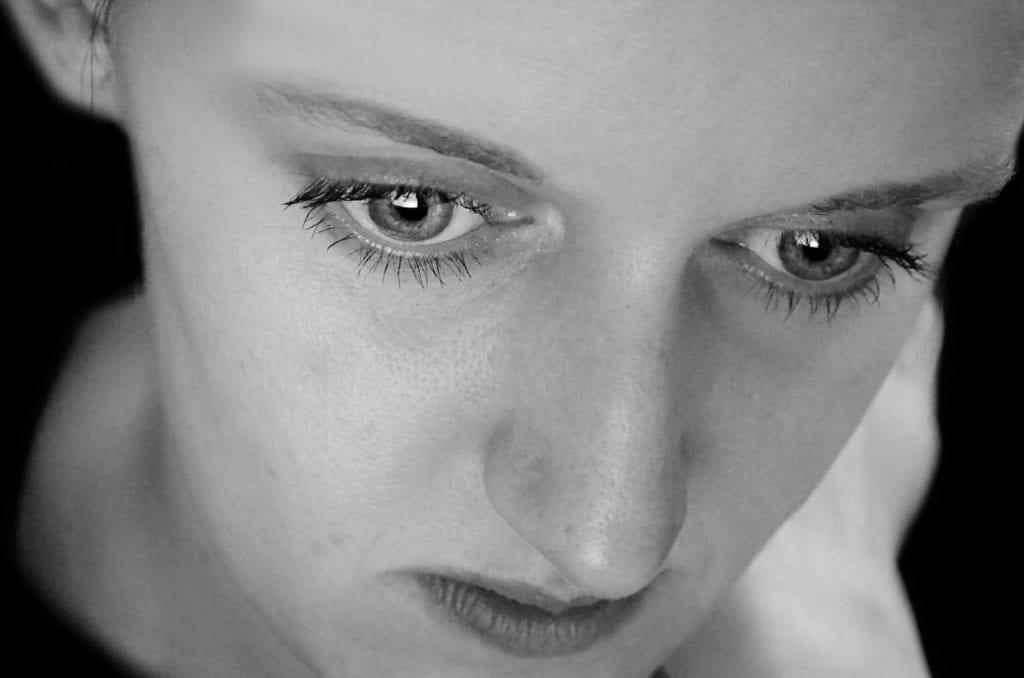The science of addiction treatment constantly undergoes scrutiny because there is no “cure” for substance abuse, and the causes of it vary from person to person. The question of whether addiction is a disease or a choice causes significant debate. Although some clinicians accept the disease model of addiction, many others believe strongly that addiction is a choice. Learned, or Compulsive, Behavior? Dr. Jeff Schaler writes in Addiction Is a Choice that people with addiction are able to control how much they use and carefully plan binges. “Addiction is a behavior and all behaviors are choices,” Schaler told ABC News. Yet many clinicians, including those at the National Institute on Drug Abuse, insist that addiction is a “disease that will waste your brain.” Addiction is also known to have at least a partial genetic component, as well as a possible link between genes and poor impulse control. These individuals lose their free will and become powerless when given the choice to use. The NIDA View According to DrugAbuse.gov, “Choices do not happen without a brain — it is the mechanism of choice.” The kind of decisions a person makes depends on how well that mechanism is functioning, and an addict experiences a malfunction of that choice mechanism. Their ability to make good choices, then, is inhibited. This phenomenon is actually visible in brain scans. What this means is that heavily abusing drugs or alcohol diminishes a person’s capacity to make sound choices. While the choice to use a drug on the first go around may be made with sound decision-making, as time progresses, the brain’s chemistry changes. Therefore, a person’s ability to exercise self-control is severely compromised. Compare an individual who is addicted to drugs to an individual who has heart disease or who is obese. We do not deny treatment because failing to exercise or eating a poor diet resulted in these undeniable medical problems — even though those conditions are largely caused by poor behavioral choices. In addition, according to NIDA, “There is no way of precisely predicting which freely chosen adolescent drink, or cigarette, or experimentation with an illegal substance, opened the door to a later loss of free-choice capacity…But once addiction is established, the sufferer from this disease cannot will themselves to be healthy and avoid drugs any more than a person with heart disease can will their heart back to perfect functioning, or a person with diabetes can will their body’s insulin response to return to normal.” Either Way, Addiction Requires Treatment Whether addiction is a choice or a disease, to an addicted person and their family members, academic arguments don’t matter. What they need is a solution. For more information on addiction and recovery, contact The Ranch PA. Article Source One Article Source Two Photo via

